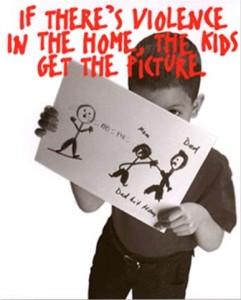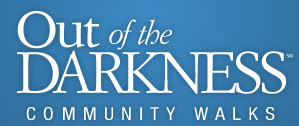There are two awareness campaigns that take place annually in October that are important to creating a culture of peace in our community and the world. First it is National Bully Prevention Month and second it is National Domestic Violence Awareness Month.
These two areas of needed awareness contain similarities and can even be related.
Domestic violence occurs when one person believes they are entitled to control another.
Bullying occurs with a power imbalance and one person attempts to control another.
Domestic violence may include spousal relationships, dating, children, elderly abuse
Bullying may involve children, adults, elderly, workplace or domestic relationships
Domestic violence may be physical, verbal, emotional
Bullying may be physical, verbal or emotional
Domestic violence victims may become fearful, depressed, withdrawn, confused etc..
Bullying victims may become depressed, physically sick, sleep deprived, anxious etc..
Domestic violence occurs at a higher rate to those with disabilities.
Bullying occurs at a higher rate to those with disabilities.
Domestic violence victims are many times slow to report their abuse.
Bullying victims are many times slow to report their abuse.
Children who witness domestic violence or are abused themselves in some manner, many times will learn the same behaviors and become the bully and or violent with others. As they grow older those same children may become abusers in dating, spousal relationships, or even with their own children.
Included in domestic violence is teen dating violence, which is one of the major sources of violence in teen life. Our goal of education in compassion, awareness and respect is needed in these areas of domestic violence and bullying more than ever – if we are to create a culture of peace in our community and world. In this month ahead, what can we do to educate ourselves and our children on these topics? Here at Balanced Life Skills I will be talking to our students and writing on our website about violence and bullying. As always we are here to help families and individual children develop their own place of peace and be compassionate, aware and respectful of others.







 Our conversation this month on Leadership started with asking the students, What is a leader? There were many comments, but all ended that the person had to be honest and “nice” to others. Obviously a leader has to be someone that others want to follow, but why? Why are people willing to follow another person? People are willing to follow others if the leader has a vision or a goal and then is able to make good choices and set a great example.
Our conversation this month on Leadership started with asking the students, What is a leader? There were many comments, but all ended that the person had to be honest and “nice” to others. Obviously a leader has to be someone that others want to follow, but why? Why are people willing to follow another person? People are willing to follow others if the leader has a vision or a goal and then is able to make good choices and set a great example. Each month we will discuss a life skill with all of our students. This month the word is Leadership. This word will be defined in the following ways for our students.
Each month we will discuss a life skill with all of our students. This month the word is Leadership. This word will be defined in the following ways for our students.